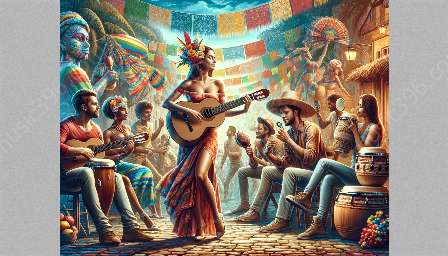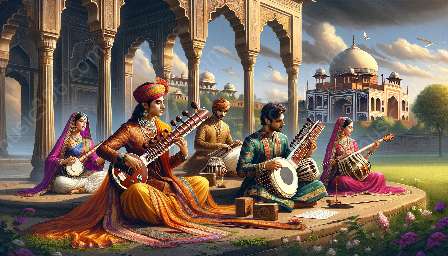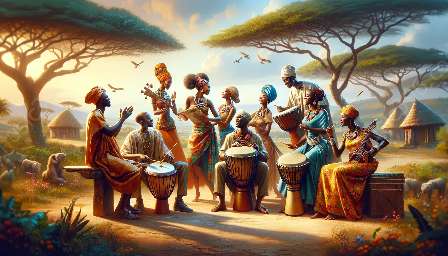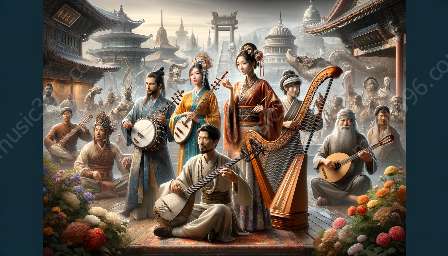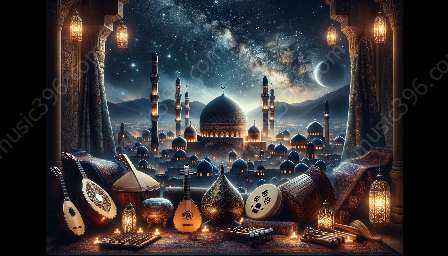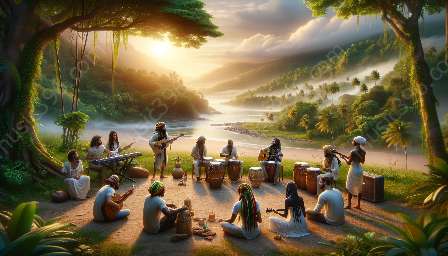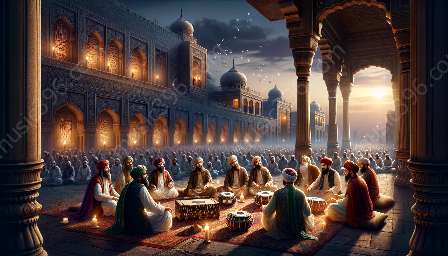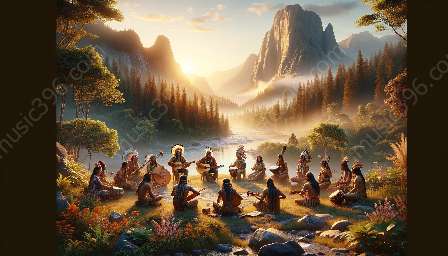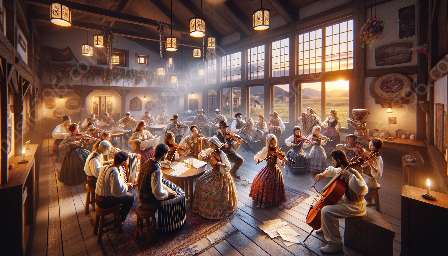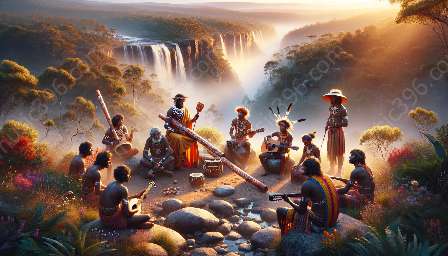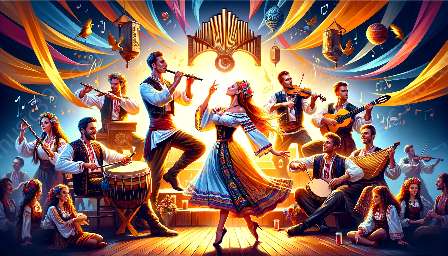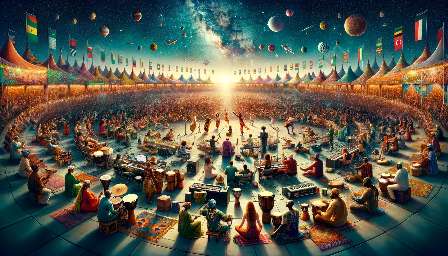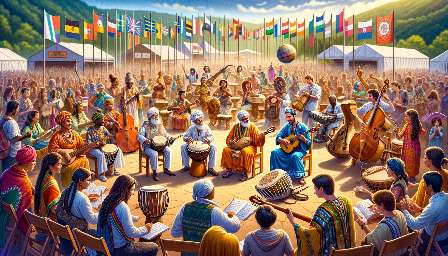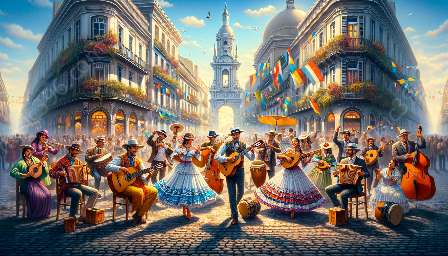European music has been profoundly affected by political and social movements throughout history, with the evolution of musical expressions being shaped by the cultural, socioeconomic, and political dynamics of different eras. This impact on European music has also reverberated across the globe, influencing the development of world music. From the classical compositions of the Baroque and Romantic periods to the folk and protest songs of the 20th century, the interconnectedness of music and society has been unmistakable.
Baroque and Classical Periods:
Versailles, Vienna, and the Royal Courts
During the Baroque and Classical periods, European music was deeply intertwined with the social and political structures of the time. Composers such as Johann Sebastian Bach, Antonio Vivaldi, and Wolfgang Amadeus Mozart were not only influenced by the nobility and clergy who patronized their work, but also by the political and social values of the aristocratic courts and religious institutions.
The opulence of Versailles, for example, played a significant role in shaping the French Baroque style, with its grandeur and sophistication mirroring the lavish lifestyles of the French monarchy. Meanwhile, in Vienna, the musical legacy was shaped by the patronage of the Habsburg dynasty, contributing to the development of the Viennese Classical style, which is exemplified by the symphonies and operas of Mozart, Haydn, and Beethoven.
Romantic Period:
Nationalism and the Rise of Folk Music
The Romantic period witnessed a surge of nationalism throughout Europe, with socio-political movements pushing for independence and a sense of cultural identity. This fervor for nationalistic expression had a profound impact on European music, as composers sought to infuse their works with the unique folk traditions and national narratives of their homelands. In countries like Poland, Hungary, and Russia, nationalistic composers such as Chopin, Liszt, and Tchaikovsky ventured into incorporating folk melodies and themes into their compositions, symbolizing the aspirations of their respective nations.
Furthermore, the Romantic period saw the rise of folk music as a vehicle for social and political commentary. Traditional songs and ballads were used to express the grievances of the working class, as well as to commemorate historical events and revolutionary movements. This intersection of folk music and political discourse laid the groundwork for the protest songs that would later emerge in the 20th century.
20th Century:
Wars, Revolutions, and the Birth of World Music
The tumultuous events of the 20th century, including the World Wars, the rise of totalitarian regimes, and the wave of social revolutions, left an indelible mark on European music. Artists and composers, deeply affected by the chaos and human suffering, turned to their craft as a means of reflection, protest, and solidarity.
From the haunting melodies of Shostakovich's symphonies, reflecting the horrors of war and totalitarianism, to the bold experimentation of avant-garde composers like Stravinsky and Stockhausen, the 20th century witnessed a diversity of musical responses to the political upheavals of the time. Meanwhile, the emergence of popular music genres such as jazz, blues, and rock in the United States and their subsequent influence on European music reflected the transatlantic exchange of cultural and social movements.
Moreover, the 20th century also saw the birth of world music as a genre that transcended national boundaries, bringing together diverse musical traditions from around the globe. Movements for decolonization and cultural exchange led to a renaissance in ethnomusicology, as scholars and musicians sought to preserve and celebrate the richness of global musical heritage. This cross-cultural fertilization gave rise to collaborations, fusions, and explorations that continue to enrich the tapestry of world music today.
Contemporary Era:
Globalization and Cultural Dialogue
In the contemporary era, European music has been further shaped by the forces of globalization, migration, and cultural exchange. The interconnectedness of societies through digital media and the internet has facilitated the cross-pollination of musical traditions, leading to hybrid genres, multicultural ensembles, and an increasing dialogue between diverse musical communities.
While political and social movements continue to impact European music, the evolving nature of these influences reflects a dynamic interplay between tradition and innovation. From the resurgence of traditional folk music in response to modernity to the incorporation of electronic and urban sounds in the urban centers of Europe, the music of today mirrors the complexities of our interconnected world.
In conclusion, the impact of political and social movements on European music has been profound, shaping the evolution of musical expressions across different cultures and eras. The interconnectedness of music and society has forged a rich tapestry of artistic responses to the changing tides of history, highlighting the resilience, creativity, and enduring relevance of European and world music as conduits for human expression and cultural dialogue.

